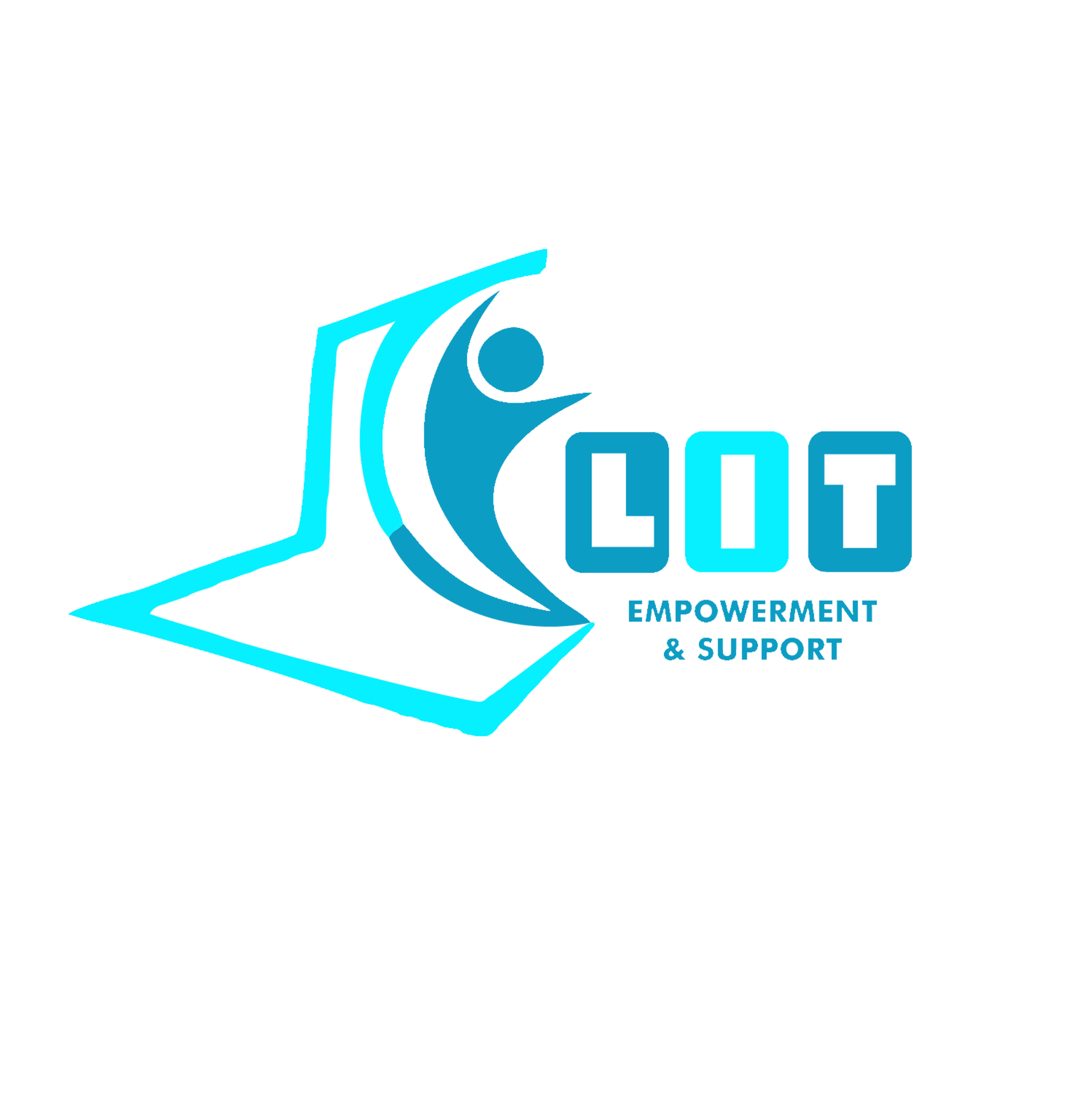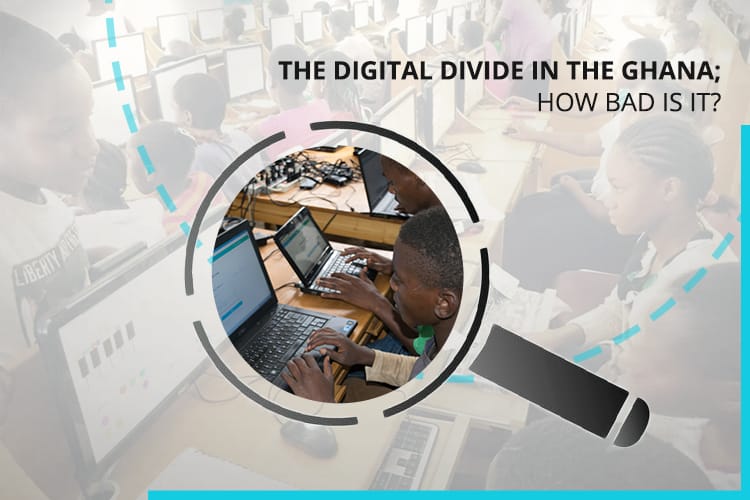The digital divide is generally and empirically worse, if not worst in developing countries. Ghana happens to be one of those countries that have a huge inequality in its population, with regards to the number of citizens who have access to ICT and those who do not.
With the nation’s finance minister announcing a 1.75% tax on all digital financial transactions, the government has come under a barrage of fierce and fiery criticism and backlash aimed at pressuring the authorities to withdraw the new tax or drop it to 1% and also, probably cap the amount that should exact the said tax.
There has been a lot of fire directed at the vice president, Dr. Mahamudu Bawumia who has become the champion of digitization and digitalization of Ghana’s economy. Having spearheaded and inaugurated several digitization and digitalization interventions such as paying via the QR Code, MOMO Interoperability, and now, linking all other identity cards to the Ghana card, citizens have expressed fears that the proposed tax would take away greatly from the digitization and digitalization agenda currently in the fore.
In Ghana, the digital divide is wide because of many reasons. The digital divide also cuts across different areas, spheres, sectors, and groupings of society. In this article, I will take a cursory look at the digital divide in Ghana, paying attention to the trend in education and analyzing trends in general internet users and non-users.
Some causes of the digital divide
Some common causes of the digital gap that appear in many submissions on the subject include but not limited to;
i) expensive data as against low incomes.
ii) Inability to access computers. A fairly functioning laptop in Accra costs between ¢700-¢1500. Not many people in Ghana can afford that kind of money.
iii) there’s also a huge lack of usage skills and knowledge of computers.
What is the state of affairs?
The state of affairs is that many rural and low-income communities around the world, including those in large urban centers, lack dependable, affordable internet access. According to www.weforum.org, these people will be further denied technology access as more devices and systems reliant on the internet come up.
Do you know?
Did you know that still, about four billion people do not have internet access?
What are the facts of the matter?
Of poor households in Ghana, only about 1 in 7(14%) have a computer.6 out of 10 Ghanaians (61%) never or rarely (less than once a month) use the internet. Fewer than one in four go online at least a few times a month’. In a study of students and teachers in Cape Coast who have access to computers or the internet, the following came out; a greater percentage of SHS students have access to the internet at school, but the majority of students with access to the internet hardly use it.
It also became clear that the majority of teachers have access to the internet in their schools but hardly use it. It became evident that the few who use it do that mainly for their personal development. It is also obvious that a majority of schools are undecided on having ICT policy whiles a great number of schools have an ICT policy but do not have a budget to implement it.
Trends in the digital divide in education
It is generally known that the higher an individual’s education level, the better their access to computers and the internet. So, post-graduates tend to have more access to technology-integrated education. Then undergrads and those in the colleges follow. The (SHS) Senior High School students are the next group of students whose access to computers and the internet is a bit high.
Basic schools, primary, and JHS is the last but one category of people whose access to computers and the internet is low. The lowest percentage of computer and internet access is occupied by those who do not have any formal education at all. I wonder if anything can be done to help improve access on the part of those who fall in the lowest percentage group, the informally educated or uneducated. With the primary and JHS students, however, much can be done to improve access. It is in this vane that governments have launched diverse programs meant at improving access to basic school children.
Timely interventions
Even though some governments, especially in developing countries like India, Rwanda, and a few others are doing exceedingly well in implementing technology-integrated education, many more are lagging behind against their will. This is where nonprofit, non-governmental organizations such as Lit Empowerment and Support Incorporated, an ICT-based philanthropic set-up come in strongly to augment what central governments are doing in Ghana and the United States.
Lit Empowerment and Support Incorporated invites governments, donors, financial and educational institutions, businesses, NGOs, philanthropists, and individuals to partner with it to provide ICT Labs and tools to schools and students on the worst end of the digital divide in Ghana and the USA respectively.
How can the digital divide in education be bridged?
Governments, more particularly those of developing countries should be able to roll out measures aimed at making data affordable for the masses. The same should be done in the case of the pricing of computers and IT tools. Taxes and duties on imported electronic and digital devices at the ports should be slashed drastically to help control prices.
By so doing, the average man in the streets can also buy and own a computer. When people are able to own their own computers, some sort of myth around their use gets broken over time. Reliable internet networks should be provided in the rural areas and further consolidated in the cosmopolitan areas. It is also vital that ICT Departments of schools introduce browsing sessions in their computer labs for students while taking steps to monitor usage to ensure that students use the internet for educational purposes and to prevent possible internet abuse.
Teachers at all levels of the educational system should be given ICT training to enhance their knowledge of the use of the internet. School administrators should prepare a budget for the implementation of well-planned ICT programs. Basic school pupils should be given laptops and tabs to enhance access. New classroom projects should contain ultra-modern ICT Laboratories. Where possible, some of these classrooms should be electronic.
The digital divide in education in Ghana is bad indeed There should be concerted efforts at closing the digital divide.



Add a Comment